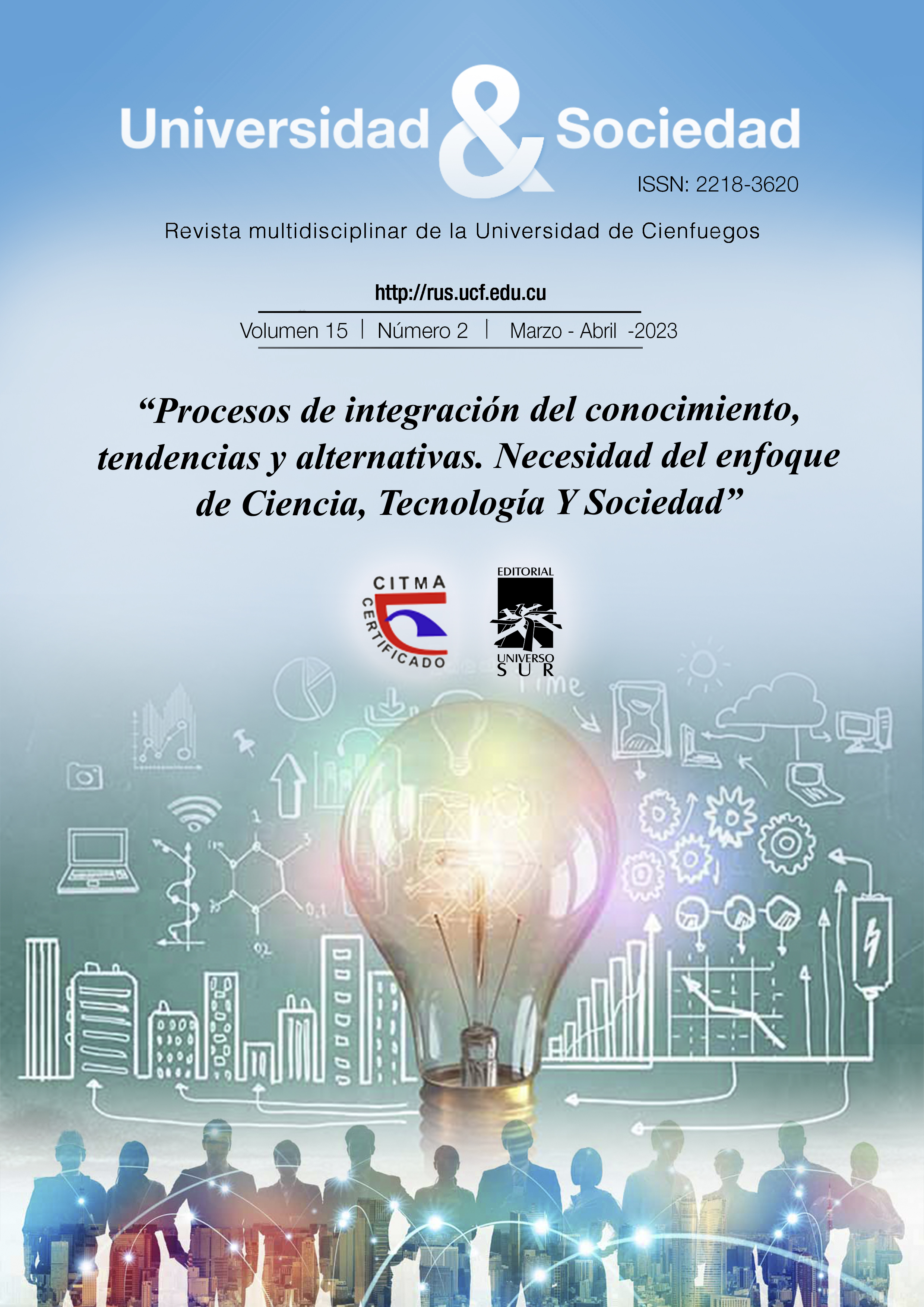Interacción humano-computador y sus aportes en el desarrollo de la Informática Aplicada a la Educación.
Resumen
Las tecnologías digitales son disruptivas. Los desarrolladores las evolucionan a formas cada día más inmersivas, pues buscan la adaptación y aceptación del ser humano al mundo de la virtualidad caracterizado por ser un espacio que forma parte de la realidad, pero no concreta, al que se accede por medio de los sentidos. El uso de las sensaciones visuales, auditivas y táctiles, para lograr niveles de percepción profundos y permanentes, es la estrategia fundamental de los desarrolladores. Se trata de incrementar la Interacción Humano-Computadora hasta niveles que permitan, al cerebro humano, aceptar y validar la experiencia virtual como medio de fortalecimiento de aprendizajes que se transformarán en conductas permanentes. El artículo es una reflexión educativa basada en una revisión documental de cómo se concretan las formas de interacción en tecnologías digitales y cuáles son sus ventajas al servicio de la educación. Es una investigación cualitativa cuya principal conclusión es que transformarán la manera de aplicación del proceso didáctico rediseñando los sistemas educativos para una humanidad marcada por nuevas realidades técnico sociales.
Palabras clave:
Conductas, Educación, Disrupción, Interactividad, Plataformas, Virtualidad.
ABSTRACT
Digital technologies are disruptive. Developers evolve them to more immersive forms every day, as they seek the adaptation and acceptance of human beings to the world of virtuality characterized by being a space that is part of reality, but not concrete, which is accessed through the senses. The use of visual, auditory and tactile sensations, to achieve deep and permanent levels of perception, is the fundamental strategy of the developers. It is about increasing Human-Computer Interaction to levels that allow the human brain to accept and validate the virtual experience as a means of strengthening learning that will be transformed into permanent behaviors. The article is an educational reflection based on a documentary review of how the forms of interaction in digital technologies are realized and what are their advantages in the service of education. It is qualitative research whose main conclusion is that they will transform the way the didactic process is applied, redesigning the educational systems for a humanity marked by new technical and social realities.
Keywords:
Behavior, Education, Disruption, Interactivity, Platforms, Virtuality.
Descargas
Publicado
Cómo citar
Número
Sección
Licencia
La editorial "Universo Sur", de la Universidad de Cienfuegos, publica la revista Universidad y Sociedad bajo la Licencia Creative Commons Atribución-NoComercial-SinDerivadas 4.0 Internacional (CC BY-NC-ND 4.0).
Usted puede compartir el material, sin fines comerciales, siempre que:
-
Atribuya adecuadamente (autores, revista, enlace al artículo y a esta licencia).
-
No cree obras derivadas.
-
Indique si ha realizado cambios.
Los autores conservan los derechos de autor.
Texto completo de la licencia: https://creativecommons.org/licenses/by-nc-nd/4.0/










